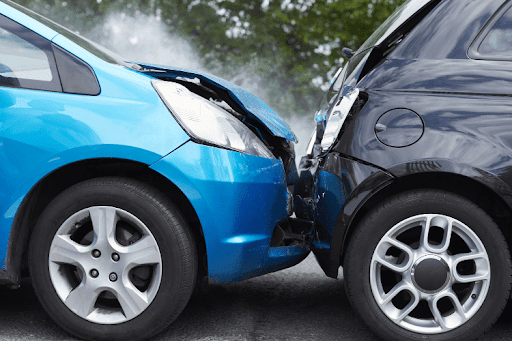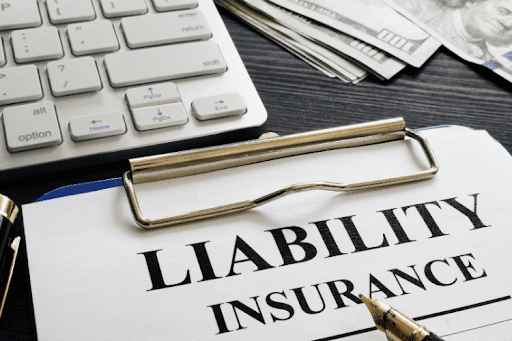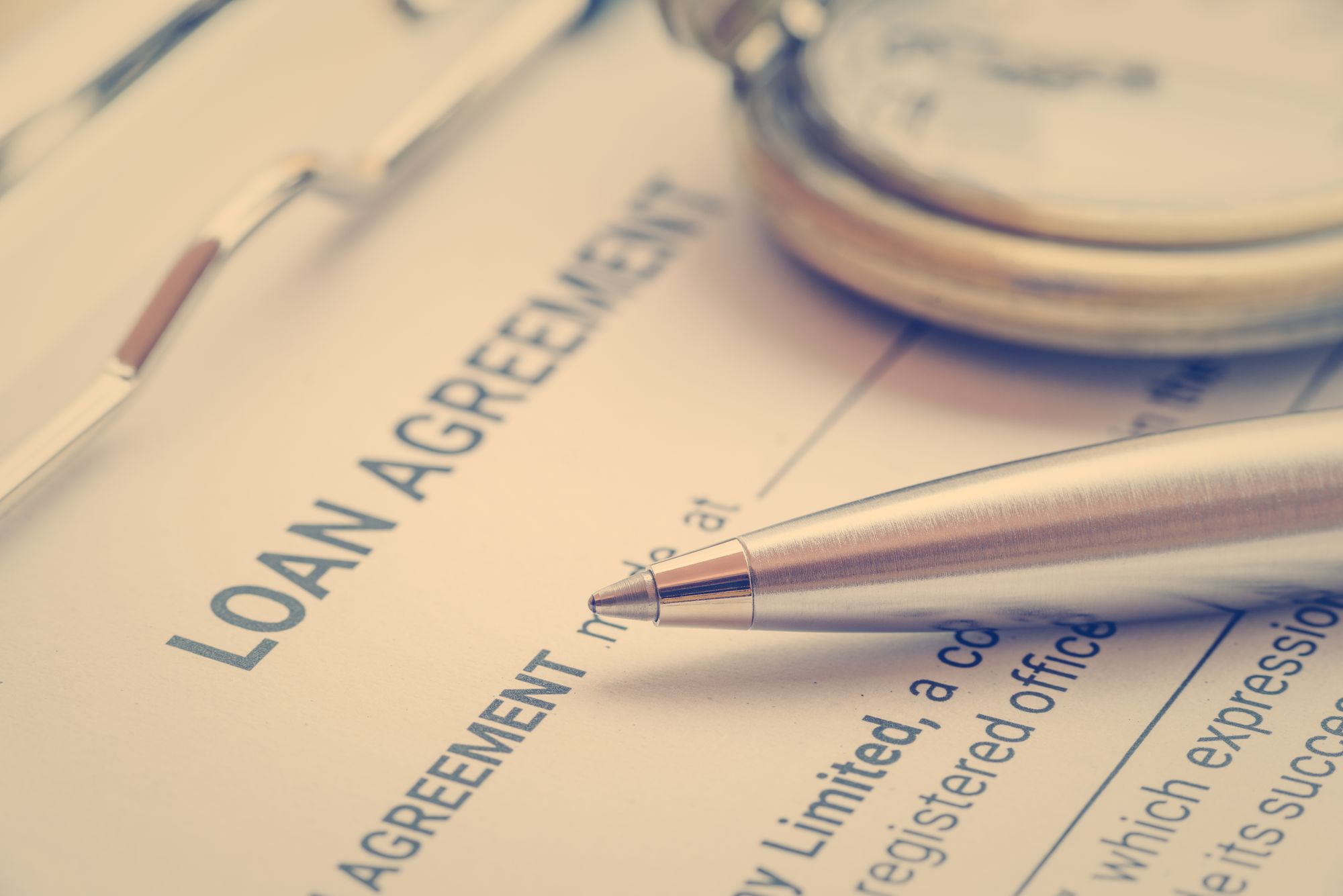What Is Liability Car Insurance? Understanding Coverage, Costs, and Protection

Liability car insurance covers property damage and injuries to a third party in case of an accident. It's a mandatory auto coverage legally required in many states for you to drive your car.
If you’re asking yourself, "What auto coverage do I need? This guide will explain why you need liability auto insurance, its components, how it protects you on the road, and its impact on your car insurance policy.
What Is Liability Car Insurance?

Liability car insurance is a type of auto coverage that protects drivers when they're legally responsible for causing injury or property damage in an accident. While this coverage doesn't protect the driver’s own vehicle or medical expenses, it ensures they meet legal obligations to others involved in the accident.
Save on Car Insurance
Explore and compare rates from over 50 top insurance companies, including Central Mutual, Geico, USAA, and Progressive, to find the best car insurance deals.
Get Your Free Quote- No lengthy forms
- No spam or unwanted calls
- Quotes from trusted insurance providers
Liability Car Insurance Coverage

Liability insurance coverage includes two primary components:
- Bodily Injury Liability Coverage (BIL)
- Property Damage Liability Coverage (PDL)
These coverages are necessary to protect the driver, who is the policyholder, when at fault in an accident. Here's a breakdown of each component:
Bodily Injury Liability Coverage
Bodily injury coverage is one of the most important aspects of liability auto insurance. This coverage pays medical bills, lost income, attorney fees, and other related expenses in the event of an accident that causes injury to someone else.
Most states legally require drivers to have bodily injury liability insurance. However, the bodily injury limits vary by state, so review your state's minimums to ensure you adhere to the law. In many cases, it covers:
- Medical Costs: Pays for the medical care of the injured party.
- Lost Wages: If the injured party is unable to work because of the accident, bodily injury liability may pay for lost wages.
- Legal Fees: Assists in paying for defending yourself in court when the injured party sues you.
Property Damage Liability Coverage
Another critical component of liability auto insurance is property damage liability coverage. It helps cover the cost of repairing or replacing damaged property in an accident for which you’re responsible. Common examples include:
- Repairing another person's car.
- Replacing or repairing someone else's property, such as a fence, street sign, or building.
Most states also require a minimum level of property damage liability insurance to ensure you meet the required limits. If you're looking for enough coverage to meet your needs, review if your state’s minimum coverage limits are sufficient or if you need additional coverage for more protection. Property damage coverage can help mitigate the costs of significant accidents.
While insurers package bodily injury and property damage limits together, assess if your current coverage offers adequate protection. The correct coverage limits will protect you from financial hardship in the event of a serious accident. If your limits are insufficient, consider increasing your coverage for peace of mind.
Why Is Liability Car Insurance Necessary?

Liability auto insurance is mandatory in many states as a vital safety net for other drivers, passengers, bystanders, and pedestrians. If drivers were not legally required to purchase liability auto insurance, they would be forced to cover damages out of pocket, which can be devastating economically.
Here are reasons why liability auto insurance matters:
- Financial Protection: Liability insurance safeguards you against losing money to pay for damage or injuries caused by an accident you were involved in. Without it, you might lose a lot of money.
- Legal Requirement: Nearly all states require drivers to have a minimum level of liability auto insurance. Failure to have it can lead to fines, suspension of license, or other penalties.
- Protection for Third Party: Liability insurance ensures that other road users are compensated for their losses if you're at fault. It provides financial security for those who might suffer injury or property damage in an accident involving your vehicle.
Liability Coverage Limits

Liability insurance has a policy limit that indicates the amount the insurance provider will cover in the case of an accident. The limits are typically divided into two categories:
- Bodily Injury Liability Limits: The maximum amount your insurer will pay for bodily injury to another person. Limits are often quoted as two numbers, such as 25/50, where $25,000 is the maximum payout for one person’s injuries, and $50,000 is the maximum payout for all injuries in a single accident.
- Property Damage Liability Limits: The maximum amount your insurance will pay for property damage in a car accident. Common limits are often around $10,000 or $25,000, but you can go for higher limits.
While state laws may set minimum limits, consider higher coverage to protect yourself from potential lawsuits or significant financial loss, especially in the case of a serious accident. It may come with higher premiums, depending on your chosen coverage limits, but it provides financial and legal defense in the event of an accident.
How Much Liability Coverage Do You Need?
The amount of liability coverage will depend on various factors, including your state’s minimum requirements, the value of your assets, and your financial situation. To determine how much coverage you need, ask for the following:
- State Minimum Requirements: Each state has its own minimum requirements for liability car insurance coverage. For instance, some may require you to have $25,000 in bodily injury liability and $10,000 in property damage limit, while others will demand more or less.
- Assets: If you own substantial assets, such as a home, savings, cars, or investments, consider higher liability limits to protect your assets in the event of a lawsuit.
- Peace of Mind: Higher limits can bring more peace of mind, especially if you’re concerned about the expense of a severe accident.
At ThinkSaveRetire, we’ll help you find smart, cost-effective car insurance quotes to match your financial goals. We provide useful resources, including types of car insurance, car insurance by state, detailed reviews, and guides on insurance products.
Save on Car Insurance
Explore and compare rates from over 50 top insurance companies, including Central Mutual, Geico, USAA, and Progressive, to find the best car insurance deals.
Get Your Free Quote- No lengthy forms
- No spam or unwanted calls
- Quotes from trusted insurance providers
Liability Car Insurance Cost
Liability car insurance cost varies based on factors like:
- Location: Auto insurance premiums vary by location and state based on the level of risk and legal demands. At ThinkSaveRetire, we’ll help you compare rates to find the cheapest car insurance in Michigan, the cheapest car insurance in Texas, and more options in other states.
- Driving Record: Drivers with clean driving records tend to pay lower premiums, while those with accidents or traffic violations may face higher rates.
- Coverage Limits: Opting for higher liability limits will increase your premium.
- Insurance Provider: Different insurance companies may offer different rates for similar coverage, so compare providers to find the best deal.
Usually, the national average for minimum coverage liability car insurance is around $700 to $800 per year, but it can be as low as $300 to $500 in the cheapest states for drivers with excellent records.
Other Optional Coverages
While liability car insurance is mandatory, there are also other coverages that you can add to your auto insurance policy and pay for extra protection:
- Collision Coverage: Helps pay for repairs to your own vehicle if you’re involved in an accident, regardless of who's at fault.
- Comprehensive Coverage: Covers other damages to your vehicle not caused by a collision, such as theft, vandalism, or natural disasters.
- Uninsured/Underinsured Motorist Coverage: Protects you if you're involved in an accident with someone who doesn't have adequate liability coverage or no coverage at all.
These optional coverages can supplement your liability car insurance and offer greater protection, but will increase your overall insurance cost.
Liability Car Insurance for Rental Cars
If you lease a car, liability auto insurance will typically cover it, but this depends on your state of residence and the terms of your insurance policy. Your liability auto insurance will usually cover the rented vehicle most of the time, but call the insurance company first to ensure you’re sufficiently covered. Alternatively, you can purchase rental car insurance directly through the rental company for added protection.
Full Coverage vs. Liability Only Coverage
If you’re a driver, you’ve probably wondered, Which coverage do I need? Is it full coverage or liability only? The answer to these questions depends on the condition and value of your car, your driving history, and your financial situation.
Full coverage includes liability insurance, as well as comprehensive and collision coverage, which protects your vehicle in addition to third-party damage. Liability-only coverage, which is typically less expensive, only covers damage and injuries to others, not your own vehicle.
Frequently Asked Questions
What Does 100,000 Liability Mean?
When liability coverage limits are listed as 100,000/300,000 or 100/300, it indicates the maximum amount your car insurance company will pay out in case of an accident. It means that 100,000 is the maximum amount that can be paid for bodily injury liability to one person involved in an accident. This ensures you have coverage for injuries sustained by others, up to the specified limits. These limits can help protect your assets in case you're sued by a third party for bodily injury.
What Does Liability Insurance Cover Me For?
Liability car insurance covers you for the following two major aspects in the event of an auto accident.
- Bodily Injury Liability Coverage: It pays for the medical bills and related costs for the other party’s injuries, including lost wages and legal fees if they decide to file a lawsuit against you.
- Property Damage Liability Coverage: It covers vehicle repairs or replacements to the other party’s car or any other property that is damaged in the accident.
However, note that liability insurance doesn't cover your own injuries or damages to your own car. You'll need additional auto coverage, like collision or comprehensive insurance, for that.
Why Would I Need Liability Insurance?
You need liability insurance to meet the state's legal requirement, protect your assets from financial responsibility in a car accident, cover medical bills and property damage, and provide legal defense while ensuring other vehicle owners are compensated for injuries sustained or damage to others’ property.
What Are the Basics of Liability Insurance?
Liability vehicle insurance primarily serves to protect you from financial loss when you're at fault in an accident. The two basic components of liability insurance coverage are bodily injury and property damage compensation. It covers medical expenses and legal services for people injured in an accident that you cause, and the repair or replacement of property, including the other person’s car or other property damage, like fences or buildings, resulting from your accident.
Liability insurance helps you pay for your financial liability and protects you against the potentially huge accident costs. It protects you from incurring heavy-cost accident limits and assures you of a secure financial future. If you have a financed car, liability coverage is typically a minimum requirement from most lenders to protect both the lender and the vehicle owner in the event of an accident.
Final Thoughts
Liability car insurance protects you financially if you're at fault in an accident that causes injury or property damage to other people. While states vary with the minimum liability coverage limits required, it's generally a good idea to have higher limits to protect your assets and yourself for peace of mind. You may also want to include optional coverages to give you additional protection.
If you want to purchase your first car insurance policy or you’re reviewing your current coverage, find out what liability insurance covers, the costs, and how it fits into your overall car insurance needs. If you understand what liability car insurance is and how it works, you’ll make an informed choice to cover yourself and others while driving.

